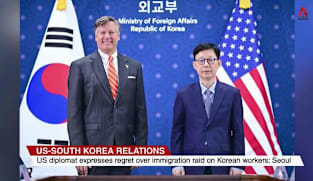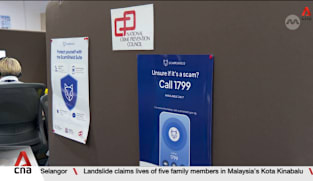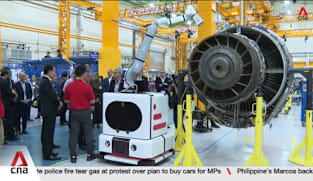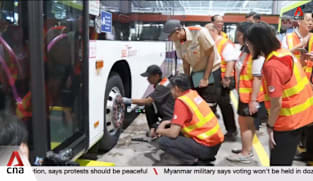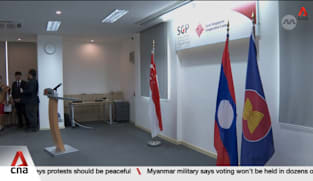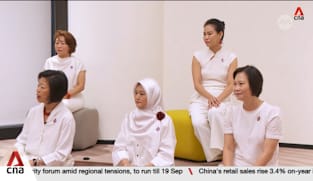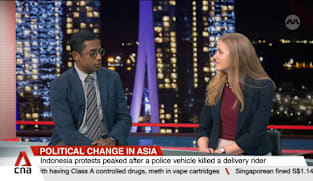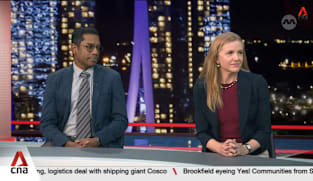Patrick Tay on Platform Workers Bill
The Platform Workers Bill is “a landmark and watershed piece of legislation”, said MP Patrick Tay in Parliament on Monday (Sep 9). He gave three reasons - one, it is the first time Singapore has specific legislation protecting freelancers; two, it involves creating a new hybrid category of workers; and three, the Government is allowing them to be represented by unions. The Bill provides for the creation of platform work associations (PWAs) to represent platform workers. However, the “hyper-fluidity and delocalised work location” of platform work create organisational problems not faced by traditional trade unions, Mr Tay said. He suggested allowing PWAs to use digital voting for secret ballots, to facilitate outreach and participation. If successful, this could become a model for trade unions. Mr Tay also asked to what extent the scope of the future Act may be expanded to accommodate the evolving platform workspace, which could one day cover vocations ranging from cleaners and coaches to professional caregivers and utility workers. Other questions he raised included how the Ministry of Manpower will determine that industrial action has taken place given that platform workers are free to choose whether, when and who to work for; and how platform workers will be prosecuted for breaching workplace safety and health duties.
The Platform Workers Bill is “a landmark and watershed piece of legislation”, said MP Patrick Tay in Parliament on Monday (Sep 9). He gave three reasons - one, it is the first time Singapore has specific legislation protecting freelancers; two, it involves creating a new hybrid category of workers; and three, the Government is allowing them to be represented by unions. The Bill provides for the creation of platform work associations (PWAs) to represent platform workers. However, the “hyper-fluidity and delocalised work location” of platform work create organisational problems not faced by traditional trade unions, Mr Tay said. He suggested allowing PWAs to use digital voting for secret ballots, to facilitate outreach and participation. If successful, this could become a model for trade unions. Mr Tay also asked to what extent the scope of the future Act may be expanded to accommodate the evolving platform workspace, which could one day cover vocations ranging from cleaners and coaches to professional caregivers and utility workers. Other questions he raised included how the Ministry of Manpower will determine that industrial action has taken place given that platform workers are free to choose whether, when and who to work for; and how platform workers will be prosecuted for breaching workplace safety and health duties.








